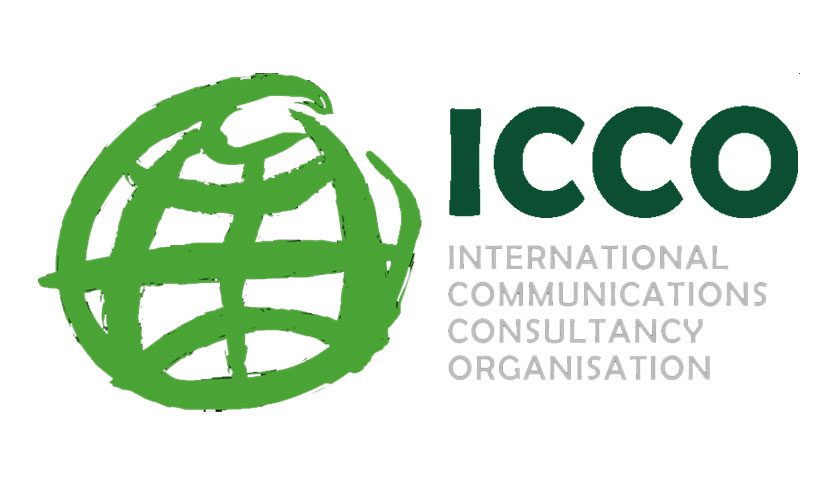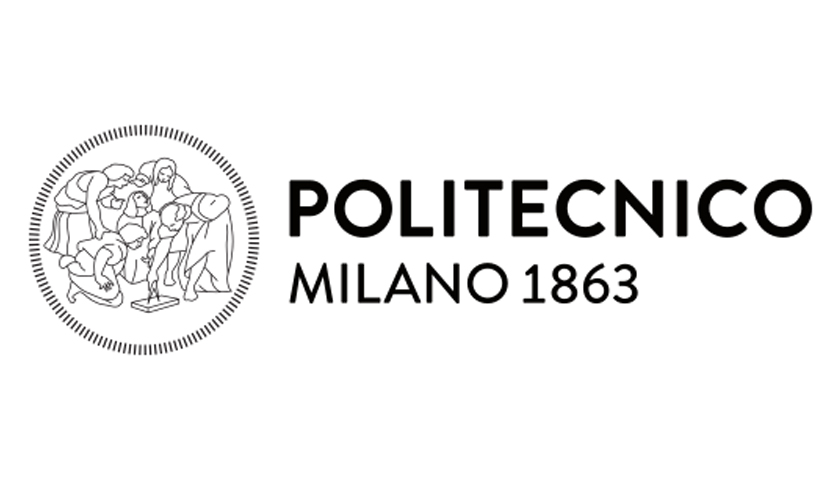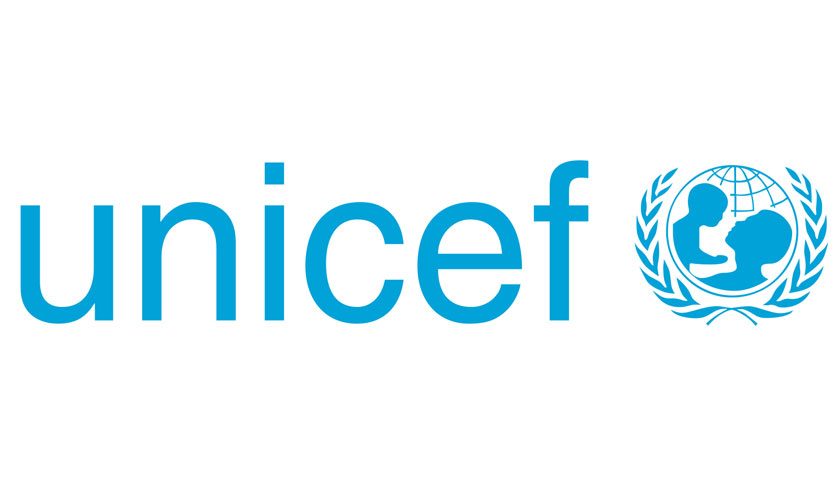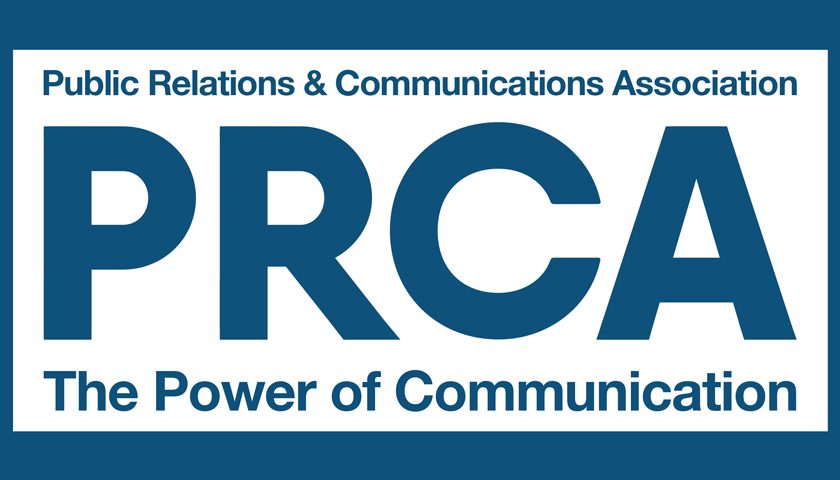At a time of unprecedented number of armed conflicts taking place globally and conversations becoming increasingly polarized, the public relations industry reiterates the importance of multi-stakeholder collaboration to create a better, more responsible information society. While “X” and, more recently Meta, for the U.S. market, have changed their moderation policies and mechanism to counter mis-disinformation also by terminating agreements with fact-checking networks, on January 15, the World Economic Forum (via its “Global Risk Report 2025”) ranked again Mis-disinformation as the top risk to humanity over the next two years. This…
Read MoreTag: Misinformation
ICCO Calls for Urgent Action on Misinformation at UN
On 24th April, at the UNDP’s HQ in Geneva, ICCO’s Europe President Massimo Moriconi called for a coalition of media stakeholders and international organisations to push forward concrete actions to tackle the threat of mis and disinformation. At ICCO’s Europe Forum, a gathering of leading PR experts and national representatives from across Europe and beyond, misinformation was a lead topic alongside ICCO’s other core workstreams including climate communications, ethics, quality standards, next generation, and the next stage of ICCO’s partnership with the United Nations. Massimo shared preliminary results of a…
Read MoreMisinformation slows the vaccination campaign according to a study by the Politecnico di Milano published in Nature Scientific Reports
Online misinformation has negatively impacted the US COVID-19 vaccination campaign. This emerges from a study by Francesco Pierri, researcher at the Politecnico di Milano, in collaboration with Indiana University as part of the H2020 Periscope project, published in Nature Scientific Reports. The objective of this study is to demonstrate whether or not there are statistically significant associations between the quality of information consumed online and the “anti-vax” sentiment of the US population, with consequent repercussions on the vaccination campaign. The study confirmed a statistically significant association between the amount of…
Read MoreVaccination Demand Observatory launched to strengthen local communication programmes to address vaccine misinformation
To combat vaccine hesitancy worldwide, PGP, (The Public Good Projects), UNICEF and Yale Institute for Global Health have launched the Vaccination Demand Observatory. As countries begin rolling out COVID-19 vaccination, public health experts know that the last inch — getting the vaccine from vial to arm — can be the hardest. Public uncertainty in the current pandemic has been exacerbated by an “infodemic,” a confusing epidemic of information and misinformation. The Vaccination Demand Observatory (The Observatory) is developing tools, training, technical support and research to equip in-country teams to mitigate…
Read MorePRCA welcomes recommendations to tackle misinformation
The Public Relations and Communications Association (PRCA) has welcomed the Committee on Democracy and Digital Technologies’ tackling the ‘pandemic of misinformation’ on tech giants’ platforms report. The report outlines a series of recommendations for the Government to action without delay to ensure tech giants are held accountable for the harm done to individuals, wider society, and the democratic processes through misinformation spread on their platforms. Recommendations include: – Publish a draft Online Harms Bill now that covers the impact of disinformation. This should give Ofcom the power to hold digital platforms legally…
Read More


